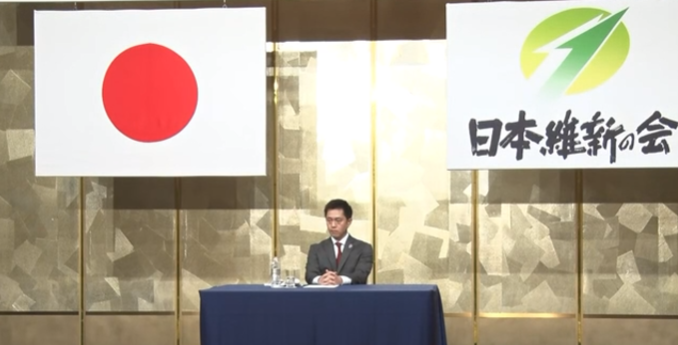
Japan’s ruling coalition, led by Prime Minister Shigeru Ishiba, failed to gain support from a key opposition party for its proposed tax reforms. This setback poses challenges to passing the state budget and tax legislation for the upcoming fiscal year.
Overview of the Tax Reform Dispute
Proposed Tax Changes by the Ruling Coalition
- The Liberal Democratic Party (LDP) and its coalition partner, Komeito, proposed raising the tax-free income threshold from 1.03 million yen to 1.23 million yen.
- This adjustment is the first since 1995 and aims to address rising living costs.
Opposition’s Demand
- The opposition Democratic Party for the People (DPP) demanded a higher threshold of 1.78 million yen.
- DPP rejected the current proposal, stating it falls short of addressing economic challenges.
Implications for the State Budget
Challenges in Passing the Budget
- The ruling coalition, which lost its majority in the October general election, requires support from opposition parties like the DPP to pass legislation.
- The lack of agreement could delay the approval of next year’s state budget and tax reforms.
Financial Impact
- Raising the threshold to 1.78 million yen would reduce tax revenues by an estimated 7-8 trillion yen ($46-$53 billion).
- Japan’s public debt is already at record levels, adding financial pressure to the government.
Broader Tax Reform Plans
Corporate and Tobacco Tax Increases
- Revenue from these taxes will fund increased defence spending, doubling it to 2% of GDP by 2027, a goal set by former Prime Minister Fumio Kishida.
Cabinet Approval Timeline
- The proposed tax reforms are expected to receive cabinet approval as early as next week.
- Following approval, the government will draft the state budget by the end of the year.
Expert Analysis
Political and Economic Ramifications
- Failure to secure opposition support may lead to delays in critical reforms and state budget approval.
- Increased defence spending and rising costs of living are likely to dominate future political discussions.
Economic Policies
The inability to reach consensus on tax reforms highlights the fragile position of Japan’s ruling coalition. As the government prepares to finalize its state budget, continued negotiations with opposition parties will be crucial to ensure progress on fiscal and economic policies.
Sources
- Reporting by Makiko Yamazaki, Takaya Yamaguchi, and Yoshifumi Takemoto (Reuters)
- Government financial estimates and policy documents
